One hundred years ago, Eugène Lerminier, a French lawyer and legal historian, rightly remarked that the science of law demands more than ever an eagerness to examine its own history and nothing can be achieved in the present without a profound knowledge of the past (Lerminier, 1829). While today this statement has undoubted validity for legal science as a whole, it seems important to shed light on the historical development of constitutionalism from the perspective of Bangladesh in particular. Such an importance is apparent when the father of the Constitution of Bangladesh, Dr. Kamal Hossain, portrays the term ‘constitution’ as “the autobiography of a nation which reflects its historical experience” (Hossain, 2013: 140).
Hence, the following analysis is to explore the faces of constitutionalism in Bangladesh and to conceptualize how Bangladesh has been deviated from the constitutional norms and commitments adopted in the original Constitution on this very significant day – 4th of November, 1972.

Believing it to be opened to many connotations, constitutional law experts define the term ‘constitutionalism’ as “the idea of complete political accountability of those charged with public governance in meeting constitutional mandates such as the protection of fundamental rights, widening of public sphere in the governance system, and the realization of ideals of equality, justice, and human dignity” (Hoque, 2013: 303).
Constitutionalism justifies its place as a necessary feature of the modern political configuration in which the values, expressed by and through democracy, are undoubtedly of central importance. Being a value-laden part of democracy, it tends to answer each form of democracy’s incompleteness in the politico-constitutional structure of a nation.
Such a congenial sense of constitutionalism suggests for a glorious evolution of the Constitution’s founding values in any democratic state. However, Bangladesh has unfortunately experienced a significant distortion of constitutionalism at several junctures in the last few decades.
Inspite of the fact that constitutionalism stays at the core of constitutional life of the citizenry, what our forefathers promised to us on the dawn of independence can hardly be seen as fulfilled today. The debates among the members of the Constituent Assembly (CA) remind us that Bangladesh believes in realization of socialism through democratic processes. The question remains – has that been accomplished in any way?
The incorporation of this principle was intensely debated in the Assembly (Constituent Assembly Debates 1972, Part II, pp. 147, 149, 155-57, & 161). The debate underlined that, principle of socialism cannot be imposed upon Bangladesh in the way once Pakistan tried to impose a particular religion upon the Bangalee nation in its 1956 Constitution. Socialism was believed to be attainable through democracy when ownership of instruments and means of production and distribution are in the hands of the people.
To establish a feasible socialist country, our Constitution framers called out for the harvesting of self-sacrifice in the field of human behavior, the changes of attitude coupled with respect for others’ opinions, and the belief in collectivism and co-operation in both economic and non-economic sectors. Practically, they established how we cannot deny the existence of democracy to develop socialism in the context of Bangladesh. Unfortunately, however, we have deviated from this aspiration in many aspects.

First aspect, I believe, extends to the practice of culture of impunity with regard to corruption in public and private sectors. The CA members had harshly criticized this culture by illustrating that the Banglaee nation raised its voice against Pakistani unjust rule when the the rulers used to allow the corrupt people go unpunished. This impunity in effect led to this nation being disadvantaged economically, politically and militarily. After 40 years of independence, most tragically, we find the exercise of such an identical culture by every political party at the cost of national interest today. Recent examples of Padma Bridge project scam, Sonali Bank diddle, Hallmark and Destiny swindles, or embezzlement of orphanage trust are only few evidences of such malpractices of each government till date. The role of Anti Corruption Commission to combat corruption, and of the court in this regard shows nothing but the reflection of government’s rowdy exercise of executive power and privilege.
Secondly, while adopting the Constitution, it was expected that the representatives of the people in the parliament would be committed “to end exploitation through the implementation of programs for fundamental economic and social change” (Hossain, op. cit., p. 141). The dream which were woven into the constitutional provisions in 1972 through Articles 7 and 11, were those of a democratic political order in which power would truly belong to the people, to be exercised through a sovereign parliament composed of representatives elected on the basis of universal adult franchise. However, looking back to the latest national parliament election of January 2014, one can easily raise a moral question about the legitimacy of formation of the government while almost half of the members of parliament were elected without going through any contestation whatsoever. Hence, solo majority is not the genuine essence of democracy. Choosing one from many could be democracy given that fair and impartial election process is out there, but someone being compelled to choose one out of only one can never promote true democratic spirit. Here lies democracy’s incompleteness in a Republic, which is in nature a sheer autocracy greatly undermining constitutional and popular supremacy under Article 7 of the Constitution.

Thirdly, Bangladesh Constitution cautiously avoided making any state religion in 1972. The belief that Bangalee nationalism was based on the principle of secularism, facilitated the constitution makers to have secularism as one of the fundamental principles of state policy. Starting from the 1952 language movement to the liberation war of 1971, the history of our nation shows the reflection of secularism as an outcome of socio-cultural movement. At the same time, the nation never discarded the importance of freedom of religion and thought in a pluralist society as Bangladesh. In the original Constitution, the abuse of religion for political purposes was constitutionally prohibited under Article 12, and secularism was worded to maintain “a separation of between the state and the religion and to create an environment in which the religious communities could coexist in harmony, free from discrimination and religious intolerance” (Hossain, op. cit., p. 142)
However without bringing much analysis on 5th and 8th Amendments to the Constitution, I concentrate on the 15th Amendment done by a democratically elected parliament in 2011 and contend that it has endangered the harmonious coexistence of different communities in the society. By virtue of this Amendment, there is now existence of state religion Islam, principle of secularism, and Bismillahir Rahmanir Rahim in the Constitution. This anomaly created by a democratic parliament has superseded the extent of amending power of the parliament what two martial law regimes have done with the principle of secularism and the state religion by 5th and 8th Amendments together.
Being translated both in Bangla and English, interestingly, Bismillahir Rahmanir Rahim has been expressed through two controversial meanings at the top of preamble. Essentially, it is easy to understand that a parliament might import two Almighty Creators (!) in the Constitution for satisfying more than one religious community in the country, but truth is that legislatures have made the omnipotence of God a mockery, let alone respecting the freedom of religion as a human right!
To end, I claim that the development of constitutionalism in Bangladesh has a tendency of deviating from the constitutional ethos and norms that were adopted in 1972. To understand this culture of deviation, we essentially need to reflect upon our constitutional history and realize the dedication and motivation behind the framing of the Constitution.
We need to break the myth which is often circulated widely: mass people are not qualified enough to understand the notion of constitutionalism. The failure to address this issue seriously cannot but validate the fact that constitutionalism in Bangladesh is yet to fulfill the dreams and aspirations of the people. We should be very mindful that deviations from fundamental values might be a threat for our existence as a nation someday, depriving us from being adherents of the founding constitutional principles – nationalism, socialism, democracy and secularism.
Emraan Azad thanks Dr. Ridwanul Hoque for his comments and suggestions on an earlier draft of this article.
Citations:
Emraan Azad, “Constitutionalism in Bangladesh: Trend of Deviation from Commitment” (DHLR Blog, 4 November 2014) http://www.dhakalawreview.org/blog/2014/11/constitutionalisminbangladesh-495
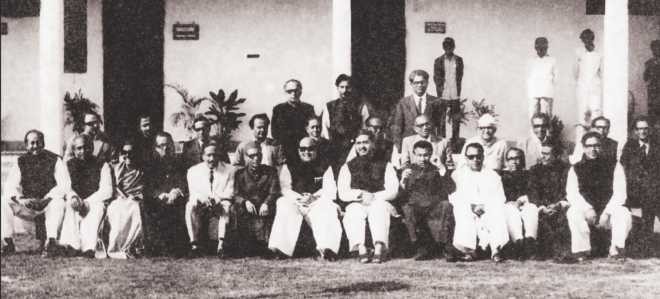

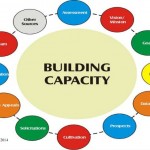







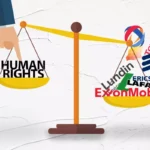


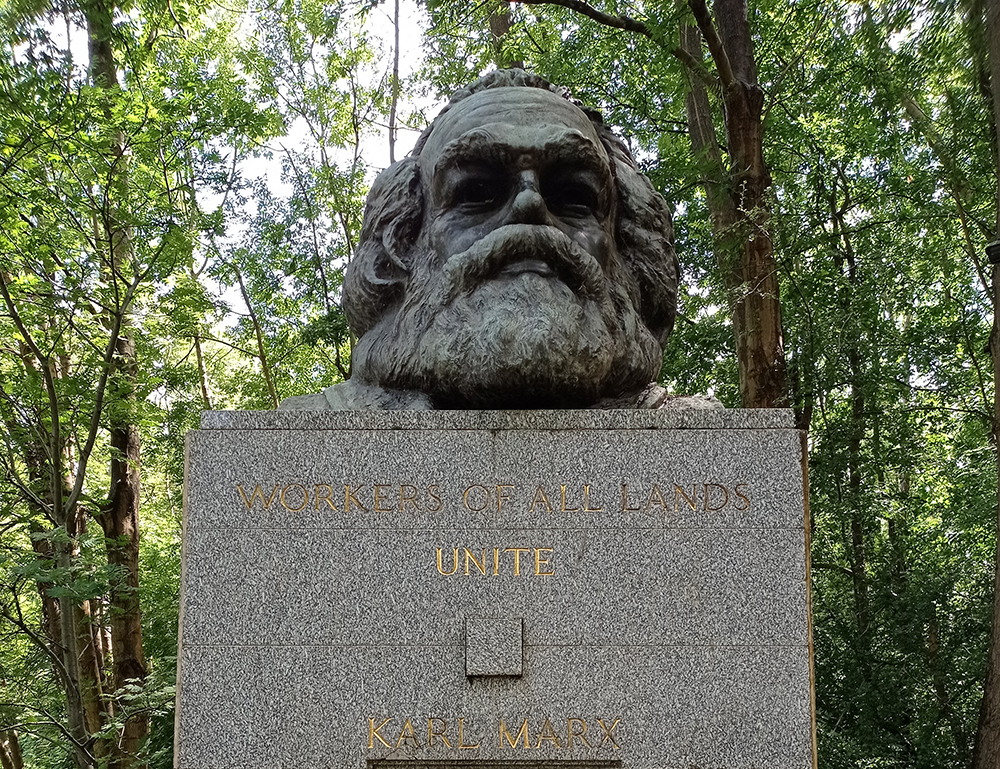






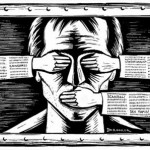
People reacted to this story.
Show comments Hide commentsThis is really a superb memoir on Constitution, seems like first one of this kind.
History teaches a LOT indeed…and these pictures are impressive! Wonderful read